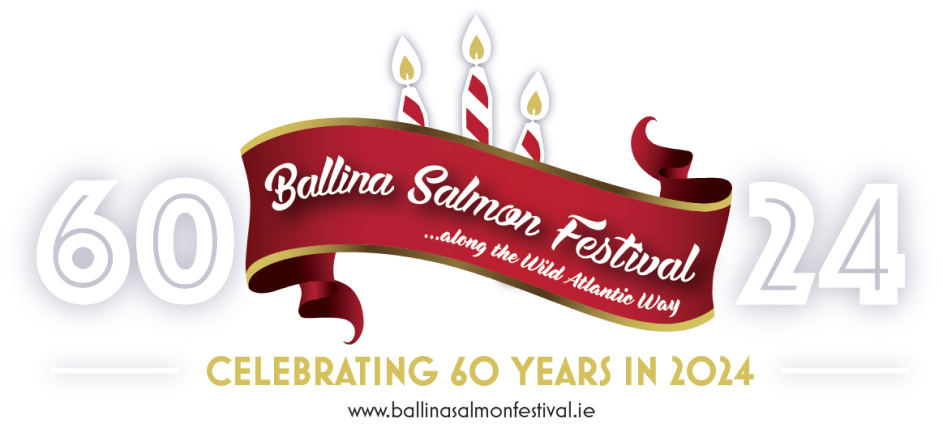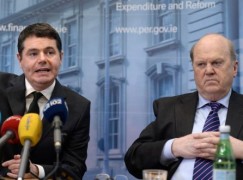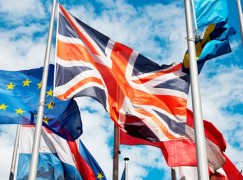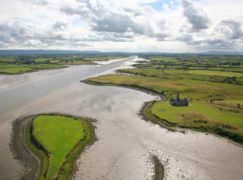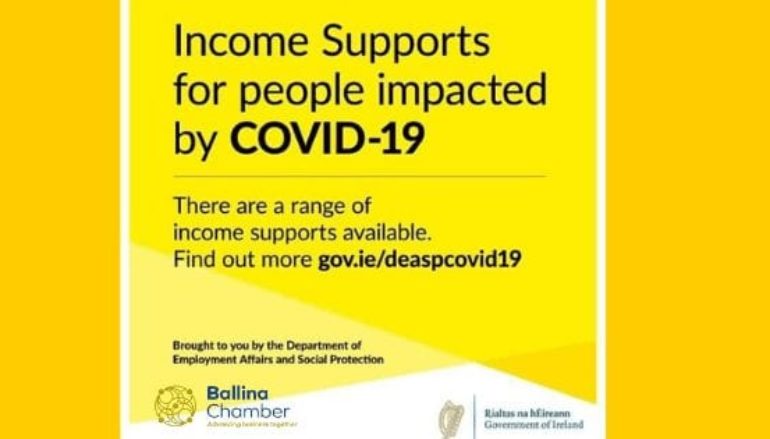

COVID-19 Temporary Wage Subsidy Scheme – Employer Eligibility and Supporting Proofs
On 24 March 2020, the Government announced measures to provide financial support to workers affected by the COVID-19 crisis. As part of these measures and building on the functionality developed through PAYE Modernisation, Revenue will operate the Wage Subsidy Scheme.
This note sets out the Revenue approach to confirming employer eligibility and examination of supporting proofs. The scheme is a significant investment by Government in supporting both employers and employees through a subsidy that will be paid in real-time.
Key Principle
Revenue’s general approach to businesses experiencing cashflow and consequent tax payment difficulties is to work towards agreeing mutually acceptable solutions that assist a return to viability as soon as possible. In any such engagement, Revenue expects businesses to be able to produce relevant supporting documentation when requested to do so and to fully engage with Revenue on any follow up discussions or checks.
Revenue’s administration of the COVID-19 Temporary Wage Subsidy Scheme will operate on a similar basis – eligibility will initially be determined, largely on the basis of self-assessment and declaration by the employer concerned, combined with a risk focused follow up verification by Revenue involving an examination of relevant business records where that is considered necessary.
COVID-19 Temporary Wage Subsidy Scheme Eligibility
The COVID-19 Temporary Wage Subsidy Scheme is available to employers across all sectors excluding the Public Service and Non-Commercial Semi-State Sector. To qualify for the scheme a business must be experiencing a significant negative economic disruption due to the Covid-19 pandemic.
In general, this will be readily apparent, some businesses and some sectors have had to close their premises, the impact of public health advice on individual businesses in terms of restrictions on trade, physical distancing, the nature of essential and non-essential businesses, will be obvious. It will also be obvious that some businesses will continue trading and, in some cases, have an increase in business.
Our purpose is to support businesses through the scheme, our approach will be based on a presumption of honesty and we expect businesses to approach the scheme in a similar manner.
Application for the scheme is based on self-assessment principles, a qualifying employer declares that it is significantly impacted by the crisis. Key indicators are that the employer’s turnover is likely to decrease by 25% for quarter 2, 2020; that the business is unable to meet normal wages or normal outputs and any other indicators set out in our guidelines.
In
relation to the likely reduction in turnover of 25% or more, this is a
reduction in expected turnover for Q2, 2020. The employer is best placed to
determine that and may base this judgement on the decline in orders in March
2020, in comparison to February 2020, or the likely turnover for the quarter
compared to Q1 or if appropriate Q2, 2019, or on any other basis that is
reasonable.
In Revenue’s administration of this scheme, the key focus will be on the fact of significant negative economic disruption on the employer due to Covid-19.
Regarding retention of employees, the scheme is confined to employees who were on the employer’s payroll at 29 February 2020, and for whom a payroll submission has already been made to Revenue in the period from 1 February 2020 to 15 March 2020. Employees who were laid off after 29 February 2020 may be taken back onto the payroll for the purposes of this scheme
Revenue will not be looking for proof of qualification at this stage. We may in future, based on risk criteria review eligibility. In this context employers should retain their evidence/basis for entering the scheme. It will, of course, be very clear to us from our normal relationship with businesses and our normal interaction with businesses that there was no doubt about their qualification and most importantly it will be very clear that the businesses were so impacted.
Eligibility Supporting Proofs
In any check, Revenue will focus on the types of business records, having regard to the nature and scale of the business, that should normally be readily available for such a business. Where, for example, a business has negotiated forbearance measures with a financial institution, Revenue will not seek to duplicate the relevant information and the documentation from the financial institution will generally be adequate for verification purposes as evidence of financial disruption.
As stated already, the critical requirement is to be able to show significant negative economic disruption due to COVID-19. The evidence in that regard will contribute in large part to demonstration of compliance with the other criteria.
The proofs mentioned below are intended to be illustrative rather than exhaustive and Revenue is open to considering other relevant evidence as a reasonable demonstration of eligibility for the COVID-19 Temporary Wage Subsidy Scheme and as examples are brought to our attention we will update our Guidelines accordingly.
- If for some reason the decline in turnover was less than 25% the business should retain documentation supporting its rationale for believing that it would suffer such a decline.
- Copies of documentation submitted to a financial institution as part of the negotiation of forbearance measures with the financial institution.
- Copies of notifications or communications to employees or Trade Unions or staff representative bodies of salary/wage cuts implemented as a direct result of the COVID-19 pandemic.
- Copies of documentation that show that any cash reserves in the business that are required to fund debt that is equal or greater than the reserve amount.
- Evidence of reliance on the Government Credit Guarantee Scheme or overdraft facilities or other borrowings for capital purposes.
- In the case of start-up businesses, for example, evidence of a decline in investment by at least 25% arising from the COVID-19 crisis.
An employer that has been hit by a significant decline in business but has strong cash reserves, that are not required to fund debt, will still qualify for the Scheme but the Government would expect the employer to continue to pay a significant proportion of the employees’ wages.
To emphasise, the examples listed are illustrative only and Revenue is open to considering other relevant evidence as a reasonable demonstration of eligibility for the COVID-19 Wage Subsidy Scheme.
Conclusion
In operating the scheme, Revenue’s priority is to ensure that all employers experiencing significant negative economic disruption from COVID-19 can register for and start to receive payment as quickly as possible.
The declaration by the employer is not a declaration of insolvency. The declaration is simply a declaration which states that, based on reasonable projections, there will be, as a result of disruption to the business caused or to be caused by the Covid-19 pandemic, a decline of at least 25% in the future turnover of, or customer orders for, the business for the duration of the pandemic and that as a result the employer cannot pay normal wages and outgoings fully but nonetheless wants to retain its employees on the payroll.
Revenue does not consider that any employer will require professional advice or assistance in being able to prove to the satisfaction of Revenue that these criteria are met. Should Revenue seek to validate employer eligibility for the scheme, it will adopt a reasonable, fair and pragmatic approach in considering whether the criteria have been met.
Further informationon Government support go to
https://www.gov.ie/en/campaigns/c36c85-covid-19-coronavirus/
Your Local Enterprise Office Mayo
https://www.localenterprise.ie/response/
Ballina.ie Business support page
https://www.ballina.ie/covid-19-coronavirus/
Contact ballina Chamber of Commerce if you have any queries 096 72800 | [email protected]

